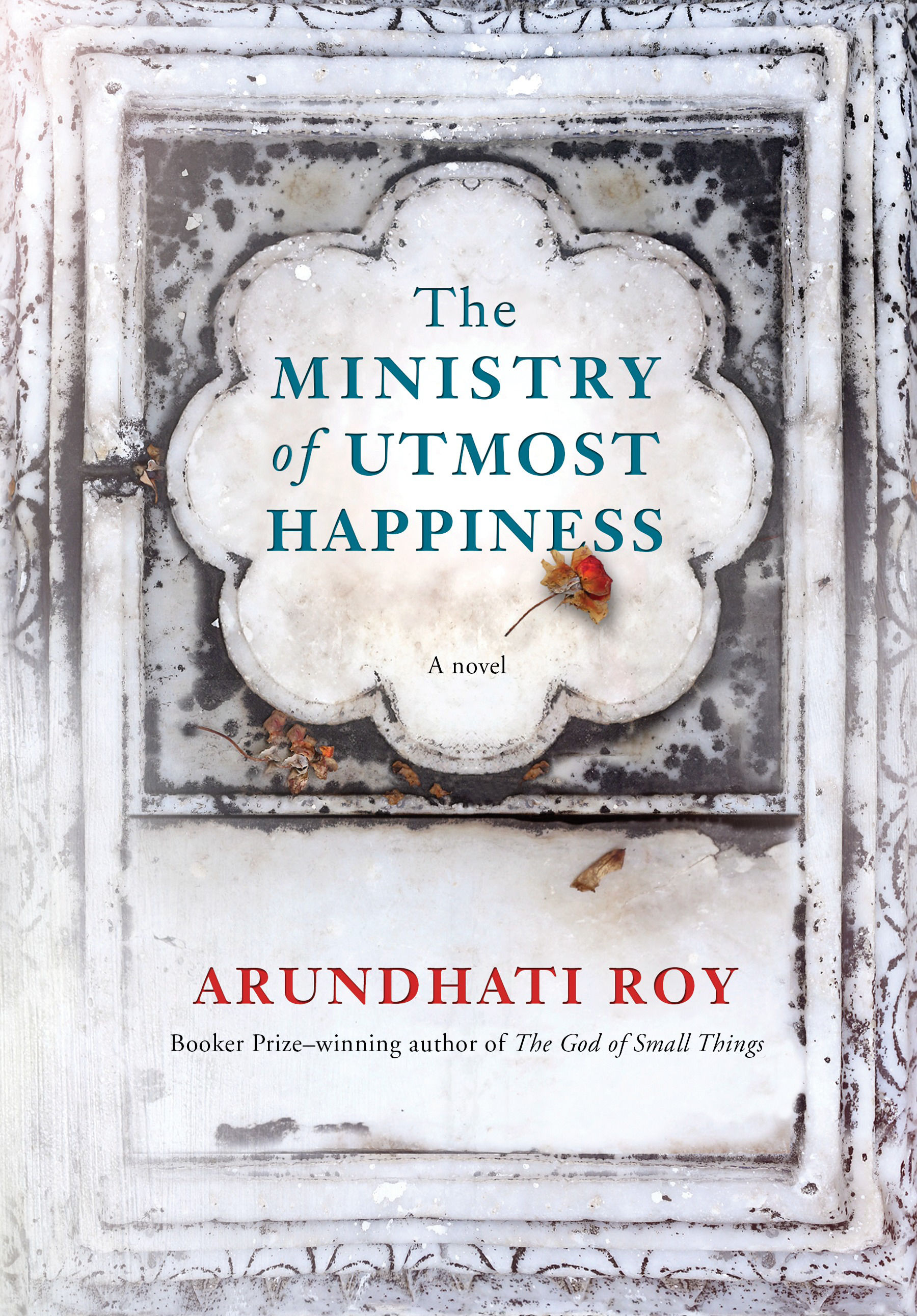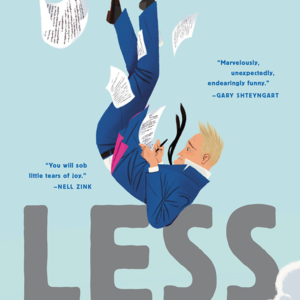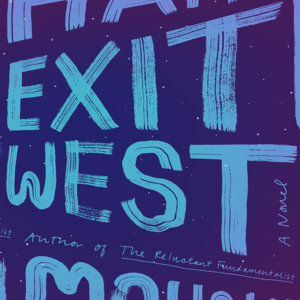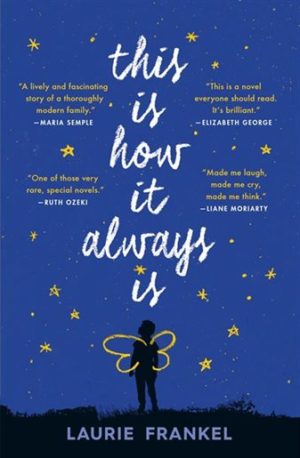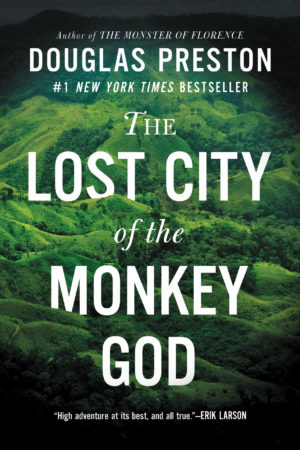Description
“Roy’s novel will be the unmissable literary read of the summer. With its insights into human nature, its memorable characters and its luscious prose, Ministry is well worth the wait.” –Sarah Begley, TIME
“Propulsive, playful . . . this new book finds Roy the artist prospering with stories, and writing in gorgeous, supple prose. Again and again beautiful images refresh our sense of the world. Sections of the book filled me with awe—not just as a reader, but as a novelist—for the sheer fidelity and beauty of detail—a terrific novelistic noticing. Roy writes with astonishing vividness.” –Karan Mahajan, The New York Times Book Review (cover review)
“A lustrously braided and populated tale woven with ribbons of identity, love, mourning, and joy—and tied together with yellow mangoes, cigarettes, and damask roses.” —Sloane Crosley, Vanity Fair
“Gorgeously wrought.” –Entertainment Weekly, “Summer’s 20 Must-Read Books”
“If you want to know the world behind out corporate-sponsored dreamscapes, you read writers like Arundhati Roy. She shows you what’s really going on.” —Junot Diaz, in Vogue
“Ministry is the follow-up we’ve been longing for—a poetic, densely populated contemporary novel in the tradition of Dickens and Tolstoy. From its beginning, one is swept up in the story. If The God of Small Things was a lushly imagined, intimate family novel slashed through with politics, Ministry encompasses wildly different economic, religious, and cultural realms across the Indian subcontinent and as far away as Iraq and California. Animating it is a kaleidoscopic variety of bohemians, revolutionaries, and lovers…With her exquisite and dynamic storytelling, Roy balances scenes of suffering and corruption with flashes of humor, giddiness, and even transcendence.” —Daphne Beal, Vogue
New York Times Best Seller
Longlisted for the Man Booker Prize
A dazzling, richly moving new novel by the internationally celebrated author of The God of Small Things
The Ministry of Utmost Happiness takes us on an intimate journey of many years across the Indian subcontinent—from the cramped neighborhoods of Old Delhi and the roads of the new city to the mountains and valleys of Kashmir and beyond, where war is peace and peace is war.
It is an aching love story and a decisive remonstration, a story told in a whisper, in a shout, through unsentimental tears and sometimes with a bitter laugh. Each of its characters is indelibly, tenderly rendered. Its heroes are people who have been broken by the world they live in and then rescued, patched together by acts of love—and by hope.
The tale begins with Anjum—who used to be Aftab—unrolling a threadbare Persian carpet in a city graveyard she calls home. We encounter the odd, unforgettable Tilo and the men who loved her—including Musa, sweetheart and ex-sweetheart, lover and ex-lover; their fates are as entwined as their arms used to be and always will be. We meet Tilo’s landlord, a former suitor, now an intelligence officer posted to Kabul. And then we meet the two Miss Jebeens: the first a child born in Srinagar and buried in its overcrowded Martyrs’ Graveyard; the second found at midnight, abandoned on a concrete sidewalk in the heart of New Delhi.
As this ravishing, deeply humane novel braids these lives together, it reinvents what a novel can do and can be. The Ministry of Utmost Happiness demonstrates on every page the miracle of Arundhati Roy’s storytelling gifts.
